Almost all of the Forbes billionaires make an effort to lay the foundation for their children's behavior through financialeducation from a very early age. Among them, there are some secrets that are considered "immutable".
 |
| Children of Forbes billionaires receive financial education from a very early age. (Source: Marieclaire) |
The billionaire's son also has to go all the way from start to finish.
If a child knows that he is destined for a wealthy future, with a chairmanship of a company, he will go with the flow and will not understand how to achieve this success. From a financial education perspective, it is better for him to start working his way up from the bottom. To effectively manage a company, you need to master each specific role yourself.
So the future restaurant owner started as a porter, working his way up to the top. Vladislav Kostrikin started as a waiter in Beijing, and today he is a co-owner of Fresco Group. Alexander Zaitsev was a waiter at Starlite Diner, and in less than 10 years he became the general director of the newly founded Pushkin cafe, and today the Maison Dellos company, also known for the iconic Turandot restaurant.
Parental support is important and has its place, but it should not take away the child's independence. Let him fill the bumps and break his knees in a hole, unable to jump over - the second time he will find an alternative and more effective solution.
Allow your child to choose
Most successful entrepreneurs are moving away from the idea that a business must be passed down from father to son. Moreover, for many, inheritance is a burden that requires preparation, while this often hinders self-awareness and creates psychological pressure.
According to statistics, only 6% of Russian businessmen intend to transfer their business to their children, but often plan to prepare another successor suitable for their work.
There is a principle that allows the child to be given the opportunity to perceive himself in terms of his personal strengths. In order to have financial resources, they are allocated a certain amount of money each year from the family fund or a trust fund of the amount they can earn in a year.
If they want to grow, billionaire children will look to increase their capital by developing their favorite business. If they can't do that, they will have to reconsider their personal priorities and agree to a different plan.
For example, the son of Alexander Frolov, Chairman of the Evraz Steel and Mining Company (UK), interned at his father's company, then founded the international venture capital fund Target Global, which after 6 years reached a scale of 800 million Euros and an annual profit rate of 30%.
Meanwhile, the daughter of Alexander Evnevich, owner of the Maksidom Furniture Group (Russia), started her career in television and only later joined the board of directors of the family company.
Investing in education
It is true that the majority of heirs of the richest businessmen on the Forbes list are graduates of Yale University/USA, but in principle future heirs are not required to enroll in elite universities.
After all, billionaire Mark Zuckerberg did not graduate from Harvard, and billionaire Bill Gates was even expelled from the school. So the important issue is not the “label”, but the awareness of the status of a lifelong “student” - the willingness to learn new things for self-development.
According to Moore's law, the amount of information doubles every 18 months, so after about 1.5 years, a person must be retrained if they do not completely update their skills and knowledge.
The importance of education for the future is confirmed by many Forbes billionaires. Ilya Sachkov, CEO of the Russian cybersecurity company Group-IB, considers professional training, universities and “gigabytes of books” as decisive factors for success.
Each of Forbes ' top billionaires has or has had their own “mentors” — people who have guided them through different stages of their lives, helping them find answers to their questions.
Billionaire Mark Zuckerberg considers Steve Jobs his mentor. For billionaire financier Ruben Vardanyan, it was Ron Freeman and former Singapore Prime Minister Lee Kuan Yew. Lee Kuan Yew's son, current Singapore Prime Minister Lee Hsien Loong, studied at Cambridge University and proved himself worthy of a high-ranking position.
In general, good education and a willingness to learn new things will help children not only manage their finances properly, but also find their place. Ruben Vardanyan admits that he likes to set difficult tasks for his son: for example, sending him to a football camp in France - after the trip, the boy spoke fluent French, which he did not speak before.
Allow children to make decisions and encourage ambition
Many children today receive an allowance, and this can be one of their first tests of responsibility when it comes to spending money. The child needs to be clear about their spending needs and understand that if they spend everything on food or toys on the first day, they will not have any money until the next allowance is due. This will teach them to take responsibility for their actions and find ways to allocate their budget.
Social studies show that teens who make their own decisions are more financially literate, while kids who receive money without any strings attached are less likely to try to understand where the money comes from and how to handle it.
Many billionaires believe that children need to be given just enough to have a need for more, stimulating ambition to appear. Billionaire Warren Buffett has announced that he will spend most of his savings on his own foundation. Children will receive enough help, but not so much that they do nothing and do not have to strive. Other billionaires such as Mikhail Fridman, Vladimir Potanin, Alexander Mamut also follow a similar approach.
The Three S's Principle
Most of the world's richest billionaires follow the three S's rule: Spend, Save, Share. When managing finances, 70% of income is spent, 25% is saved and 5% is shared - which is closely related to charity.
Adam Ho, Singapore's youngest millionaire, has published a book on financial literacy for children, which suggests dividing children's pocket money as follows: 70% for daily needs (food, stationery), 20-25% for occasional purchases and "wish lists" (new gadgets, expensive sneakers), and leaving 5-10% for gifts for friends and relatives.
Source



![[Photo] General Secretary To Lam receives Prime Minister of the Kingdom of Thailand Paetongtarn Shinawatra](https://vphoto.vietnam.vn/thumb/1200x675/vietnam/resource/IMAGE/2025/5/16/7f6a2a37f9324e61b3088c464cbc7b16)

![[Photo] President Luong Cuong receives Prime Minister of the Kingdom of Thailand Paetongtarn Shinawatra](https://vphoto.vietnam.vn/thumb/1200x675/vietnam/resource/IMAGE/2025/5/16/52c73b27198a4e12bd6a903d1c218846)
![[Photo] Prime Minister Pham Minh Chinh and Prime Minister of the Kingdom of Thailand Paetongtarn Shinawatra attend the Vietnam-Thailand Business Forum 2025](https://vphoto.vietnam.vn/thumb/1200x675/vietnam/resource/IMAGE/2025/5/16/1cdfce54d25c48a68ae6fb9204f2171a)








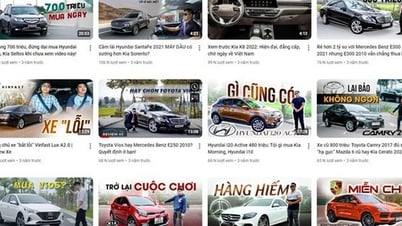

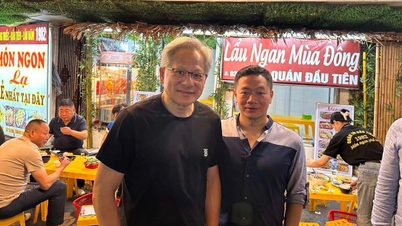
















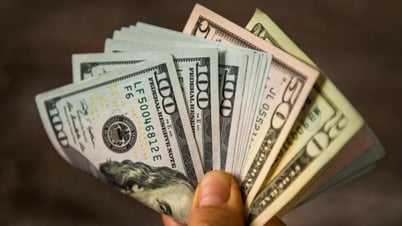


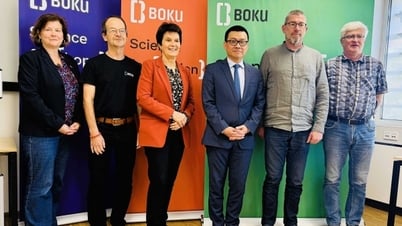

![[Photo] The Prime Ministers of Vietnam and Thailand witnessed the signing ceremony of cooperation and exchange of documents.](https://vphoto.vietnam.vn/thumb/1200x675/vietnam/resource/IMAGE/2025/5/16/935407e225f640f9ac97b85d3359c1a5)
































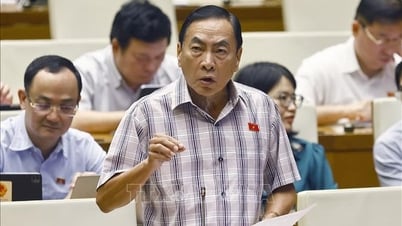


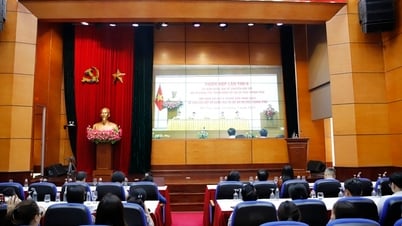
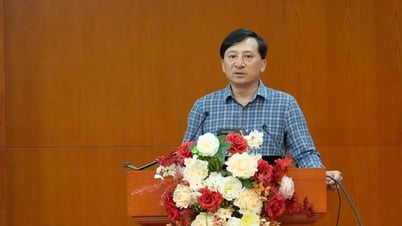

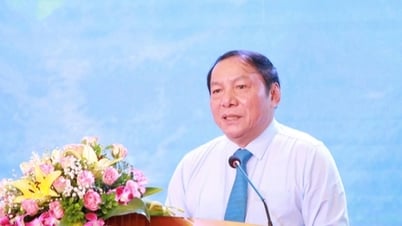





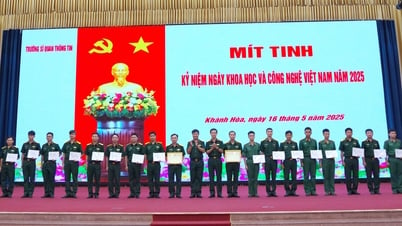



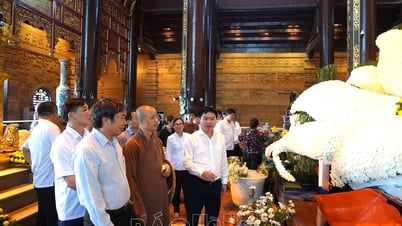

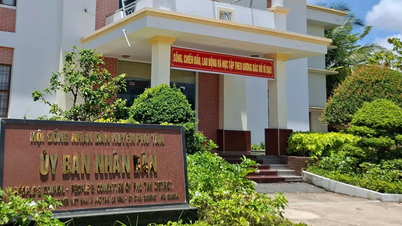











Comment (0)